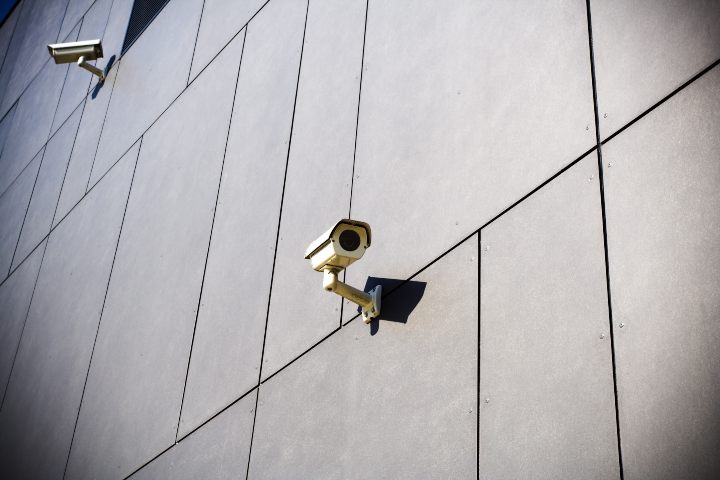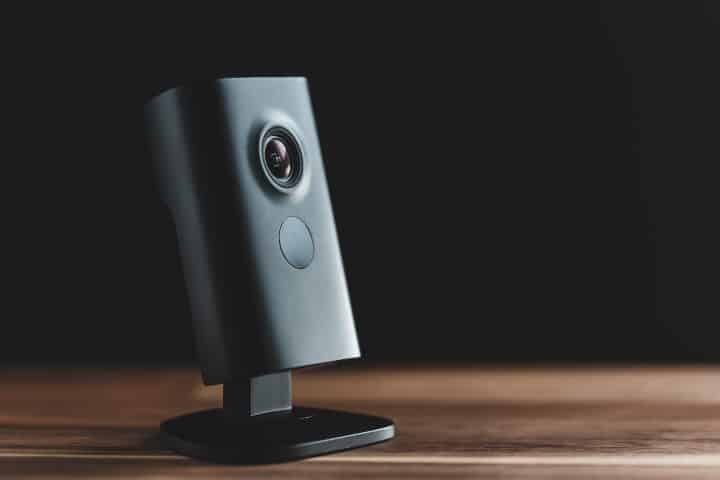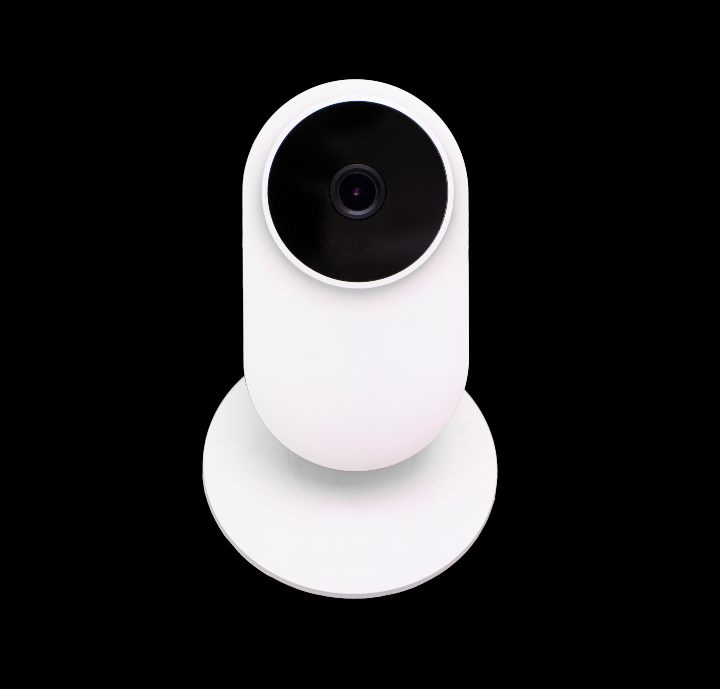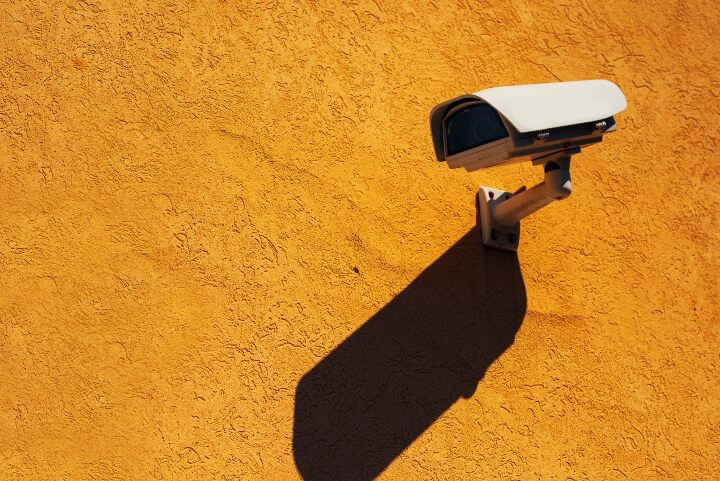There are many types of systems you can use to monitor your house. So what are the differences between IP and CCTV cameras?


They both have their advantages and disadvantages, but which one is right for your home, and what you need to wire your home?
Keep in mind that CCTV can sometimes be referred to as video surveillance overall and not just a type of system that can be used to monitor.
Differences between IP and CCTV cameras
IP cameras

Before looking into all the advantages of an IP camera, take a look at what you will be getting if you opt for an IP camera to monitor your property.
- High-quality imaging
- Focus and zoom
- Control over multiple cameras from one area
- Cloud storage
- Transmission of footage worldwide
- Easy updates and disconnecting
Connection
An IP camera transmits a digital signal and uses an Ethernet cable for connection. These can be connected easily and connected to a Network Video Recorder (NVR) to make it easier.
The live footage from IP security cameras is one of the main differences between IP and CCTV cameras. And it can happen because the feed is not sent to tape, as it is sent to a TV or monitor through a LAN.
Therefore meaning you will have wireless installing and gives you various options of where to place them to monitor your property.
Overall, the live footage can be viewed on the internet at whatever time you please. Making it a great feature to distinguish between both types of systems.
These camera systems allow the owner and even authorities to watch events happening live. They can also have features such as image zooming, or flagging footage.
Wide Angle View
IP cameras also allow you to have a greater view as the camera's angle is quite wide. They usually range from 65 to 90-degree view giving you a big area to observe.
This can also get rid of blind spots and gives IP cameras a big advantage over CCTV ones. However, there are many other differences between IP and CCTV cameras.
Price

Another advantage of IP cameras is the fact that they do not require any additional hardware & storage, therefore keeping the price to a minimum.
They are very cost-effective and simple to use. Apart from that, you can place them anywhere and have highly trustworthy quality and resolution.
Most IP cameras are used by businesses, however, due to their prices lowering, they have become popular for residential use lately.
Expanding
When talking about adding more cameras to what you already own, the price can come down to almost nothing! This is because all the footage is usually stored in the cloud.
So, all you will pay is the monthly fee and the camera cost. Overall, your money will mostly be going towards the actual equipment than the storage itself.
This makes expanding your monitoring area easy and inexpensive too! Therefore, a great investment to make which certainly gives IP cameras the advantage over CCTV ones.
CCTV Cameras

Before looking into all the advantages of a CCTV camera, take a look at what you will be getting if you opt for a CCTV camera to monitor your property.
- A simplistic design and easy to operate
- Analog recording
- No monthly fees
- Okay image quality
- Affordable
- Hard to be tampered with
- Most used system
Connection
CCTV or Closed-circuit television security cameras transmit signals from the area they see all the way to a storing system. This is one of the main differences between IP and CCTV cameras.
This type of camera system uses a different connection than IP. CCTV cameras need to connect to a DVR to store footage and allow monitoring on surveillance.
The connection is done by using coax cables and a BNC connection to said DVR. And allows the owner to watch the footage of the day after it happened.
CCTV cameras can possibly prevent theft or burglars from entering. However, if they do, you will have good evidence to back up your claims.
Price
Apart from deterring crime and keeping everyone safe, this camera system is also a bit on the expensive side and easy to manage.
Though there are differences between IP and CCTV cameras, they have now begun to compete in the world of today as IP cameras sales have increased.
However, CCTV still reigns. Though founded before IP cameras, CCTV is also more commonly known worldwide and has been around for a while.
CCTV cameras are usually inexpensive, however, they require tools, hardware, and a bit of installation. Which can higher up your bill.
The additional DVR, cables, warranty, installation, disks, and monitors can sure bring the price up. However, there is a bright side: Expanding.
Expanding

DVRs have many inputs, therefore, cables and disks will be the only add-on apart from the cost of the camera itself.
This is one of the big differences between IP and CCTV cameras, as IP cameras are not all wired to one DVR. And there is some good news!
Most DVRs accommodate around 32 cameras, therefore, they can usually monitor a residence and a business with no issue whatsoever.
However, if you plan to cross the limit, then you might need to invest in DVRs and wiring for your cameras. So keep that in mind if your project is quite big!
Storage
As we have previously mentioned, CCTV cameras are wired into a DVR. Therefore, they do not upload the footage to the cloud, like IP cameras.
Footage can be seen remotely on the DVR, which is usually stored away in rooms for safekeeping. Therefore, to access your footage you will need access to the DVR.
Once the footage is processed by the DVR, it can then be used for remote broadcasting. Meaning that CCTV cameras have higher technological requirements than IP surveillance systems.
This is because they are operating on closed networks. So, the cameras all need a direct connection to the DVR through Coaxial cables and an individual power supply.
The bottom line
All in all, there are many differences between IP and CCTV cameras. However, it is mostly up to you in what you want to invest in your residence or business.
Whether IP or CCTV is your cup of tea, share with us your experience down below! Also, let us know what brand you love the most.